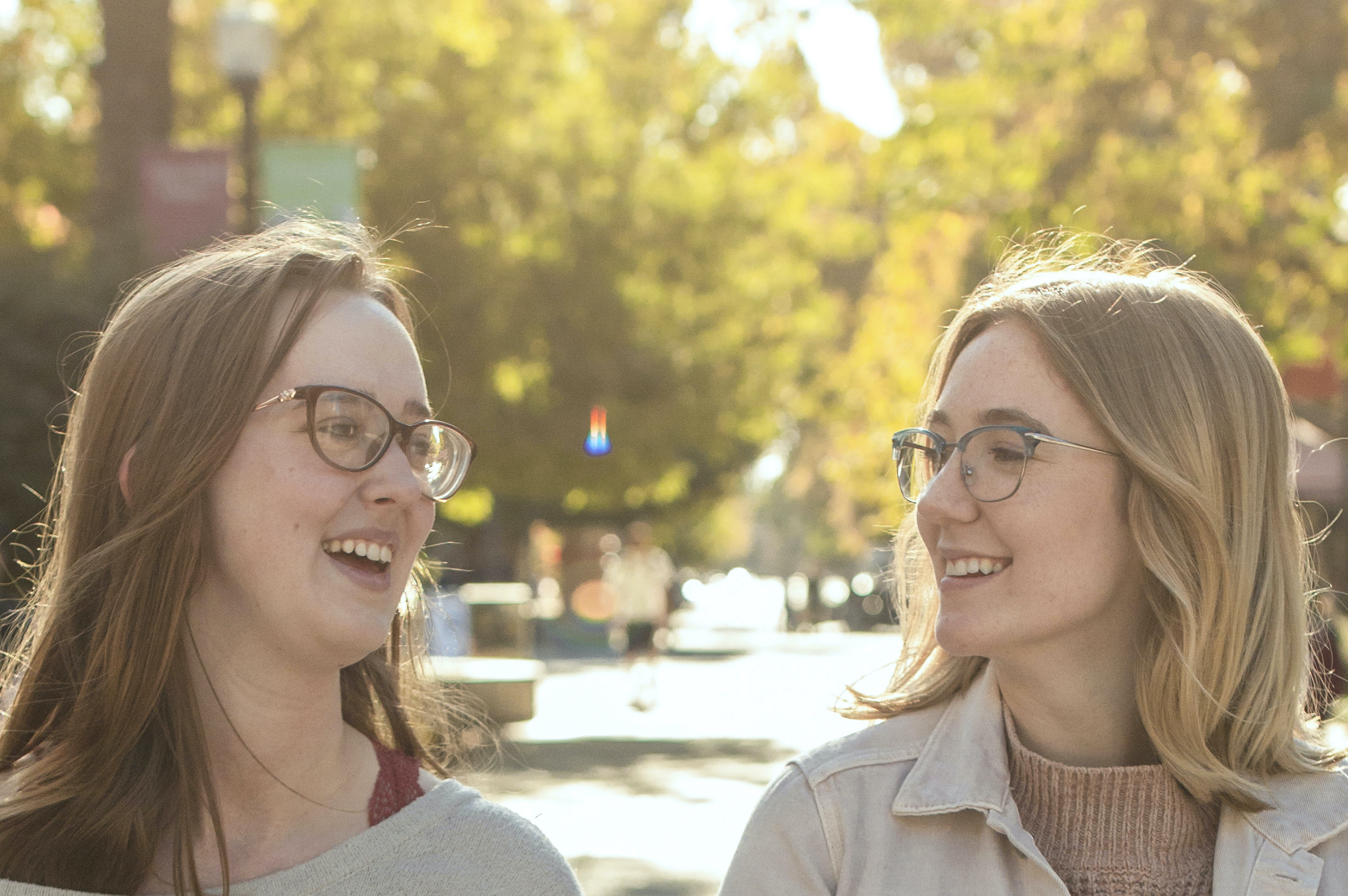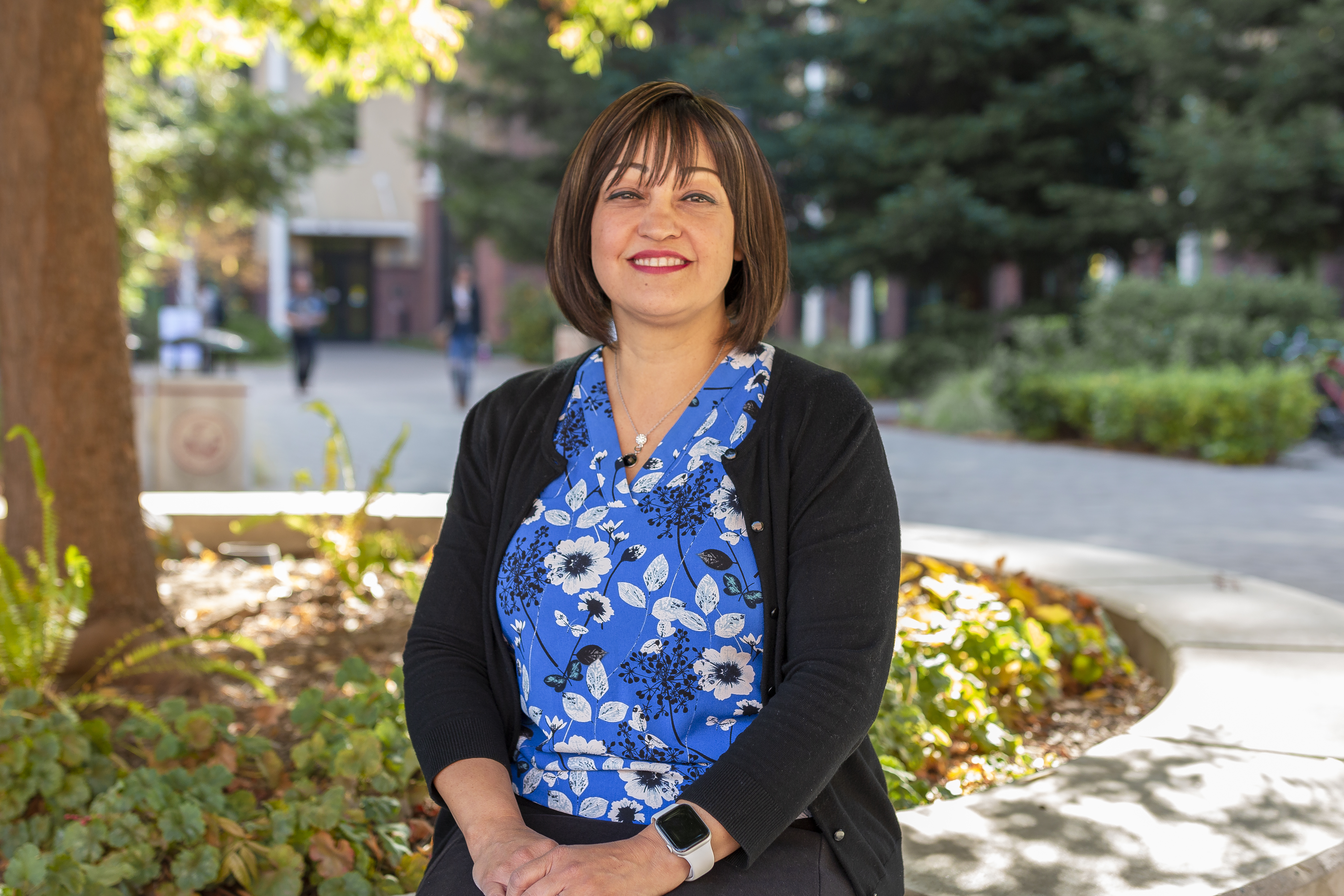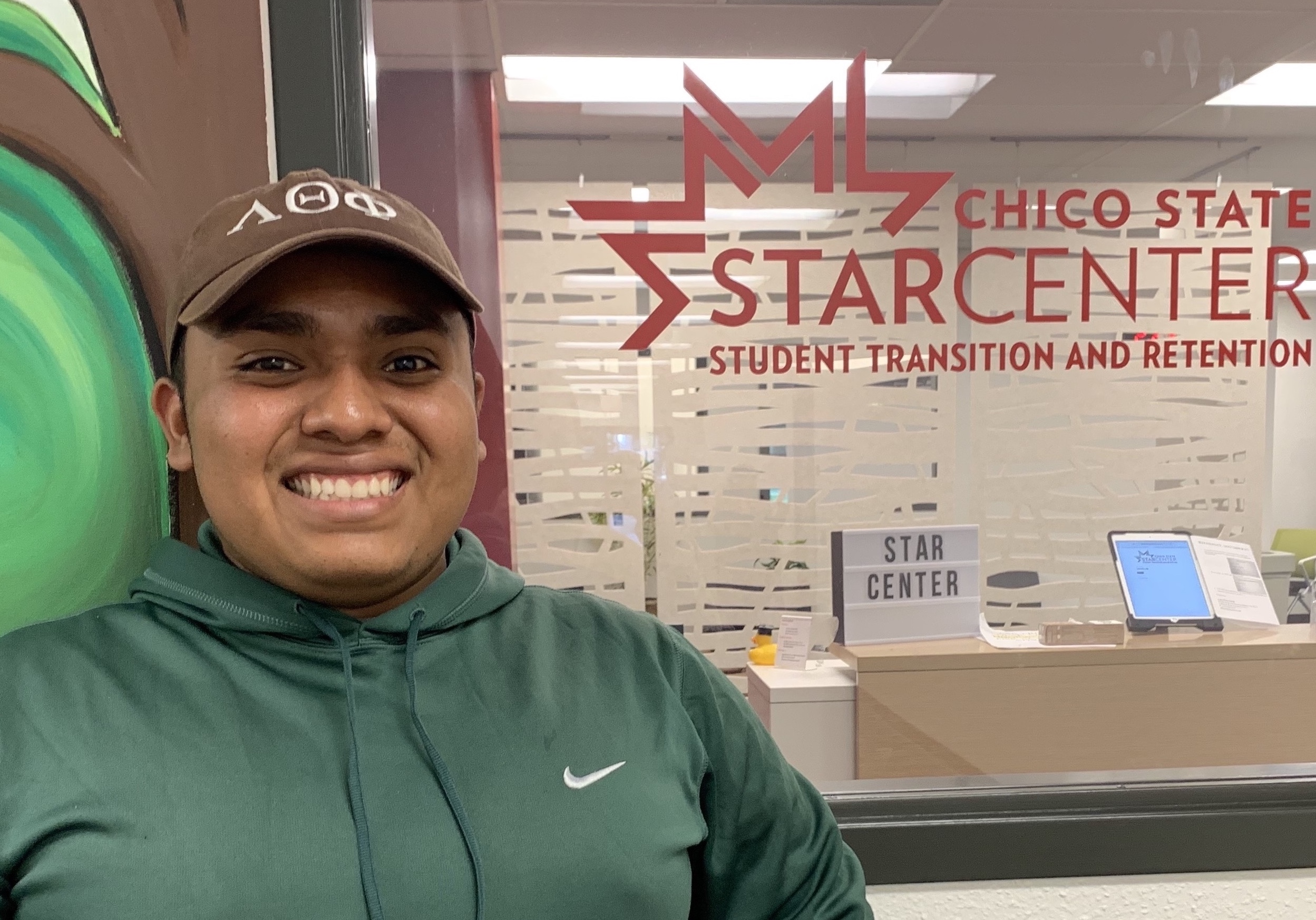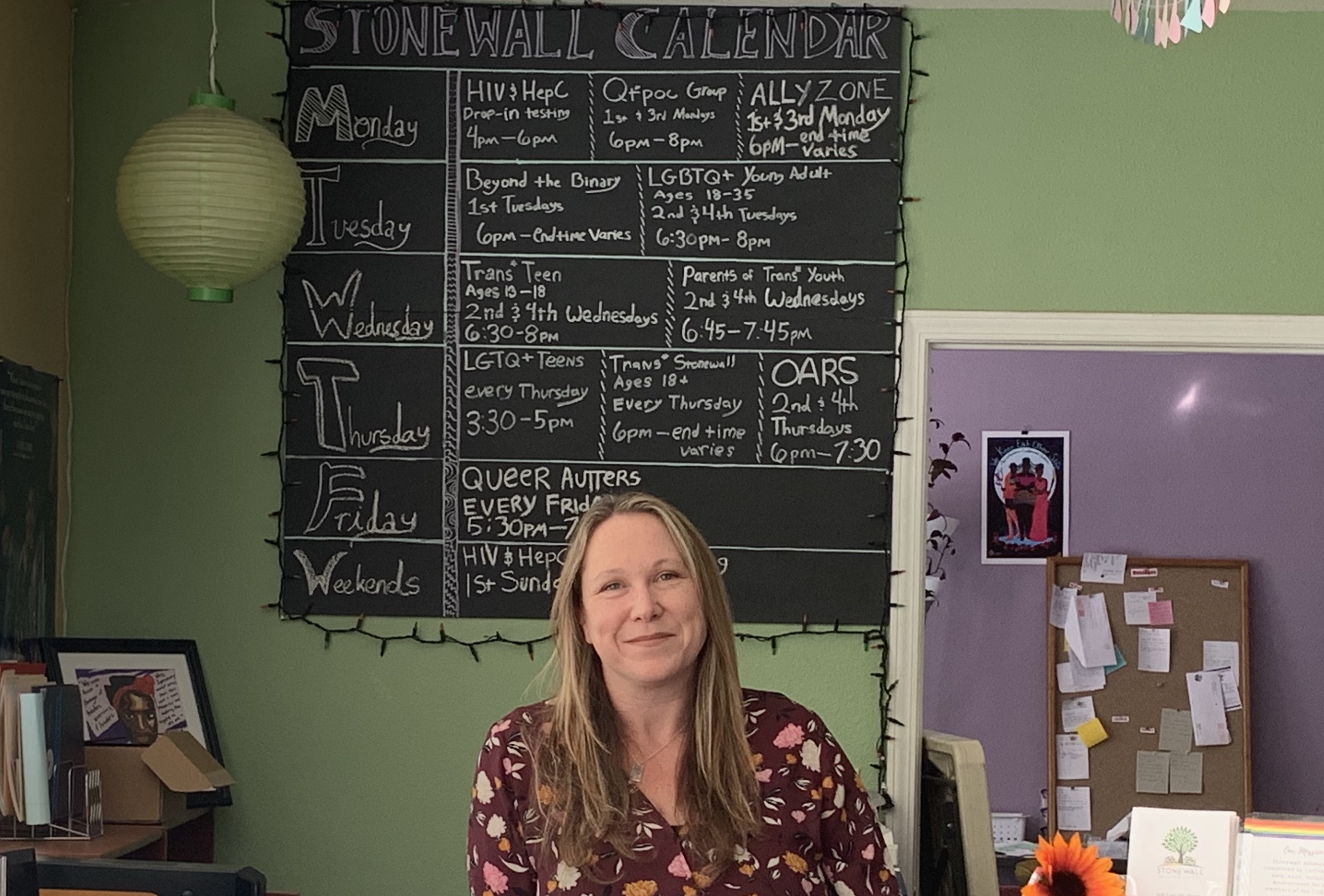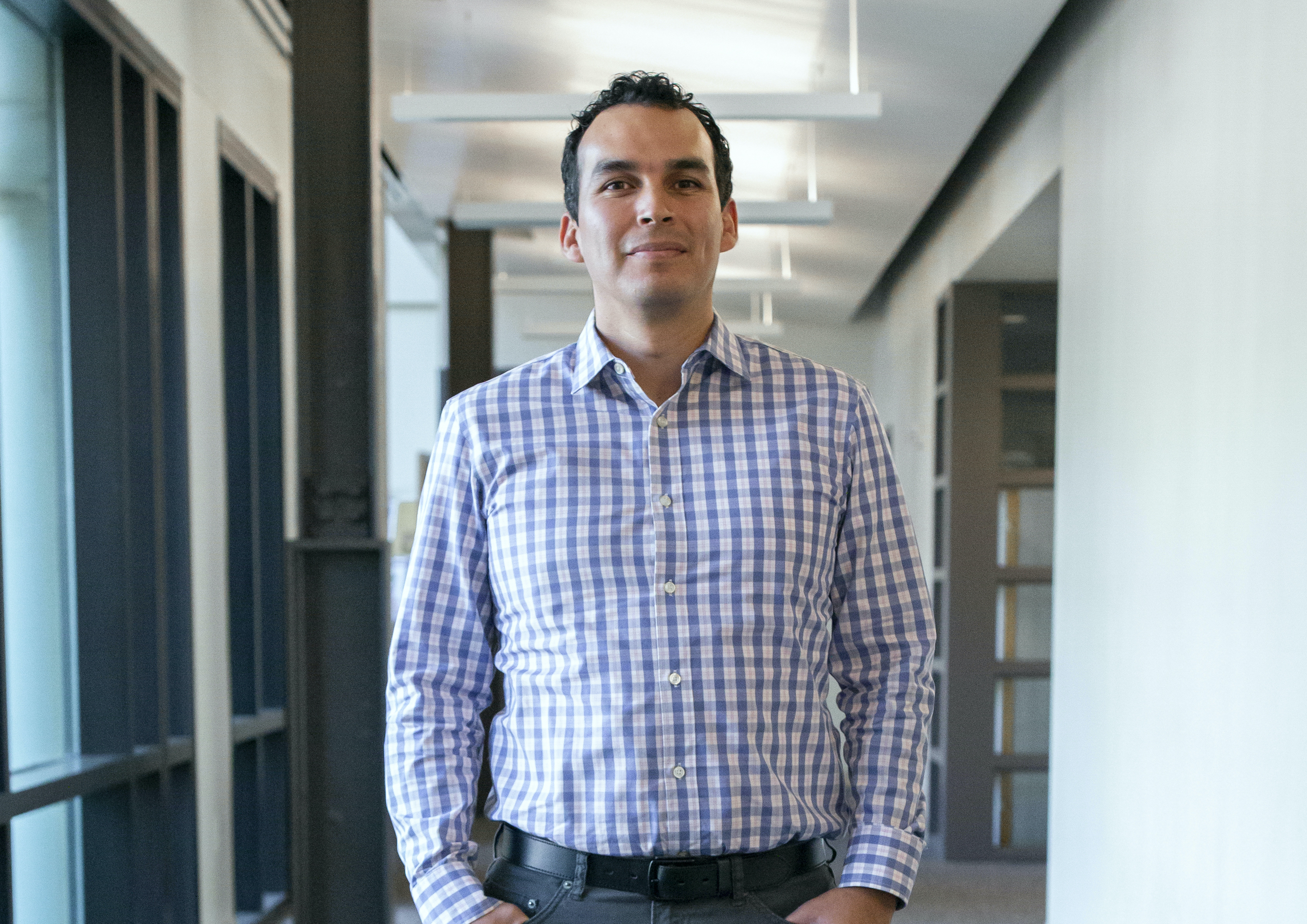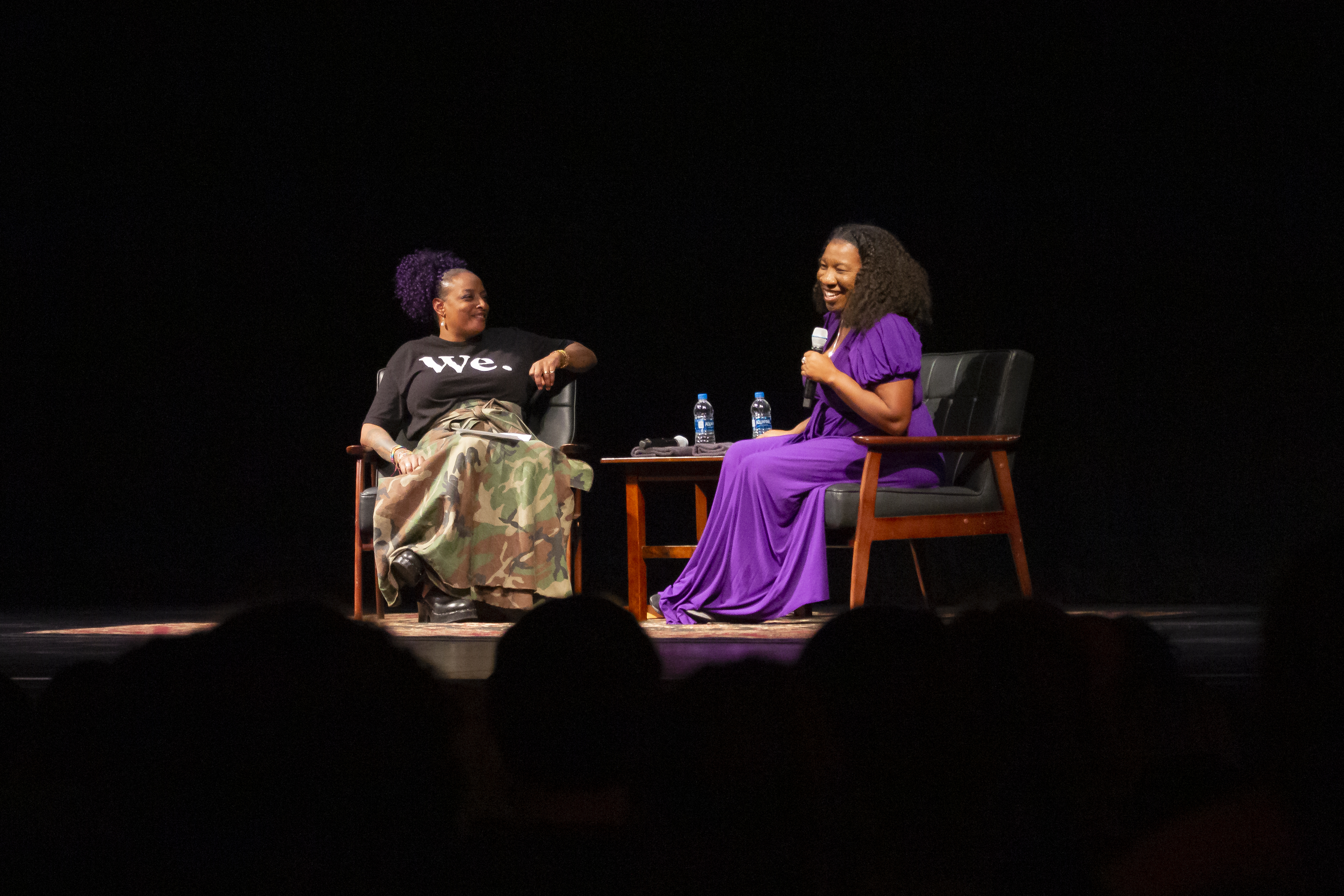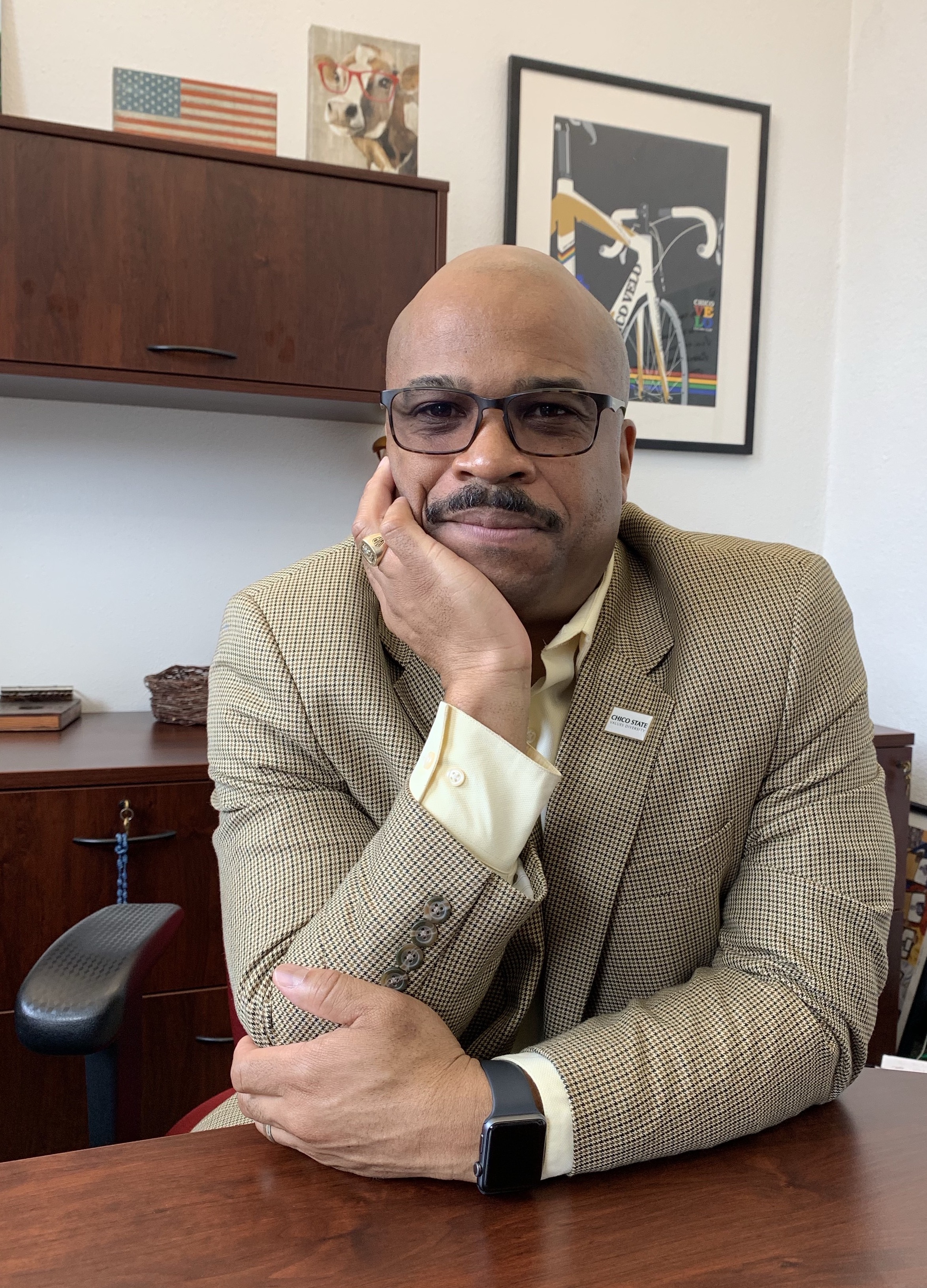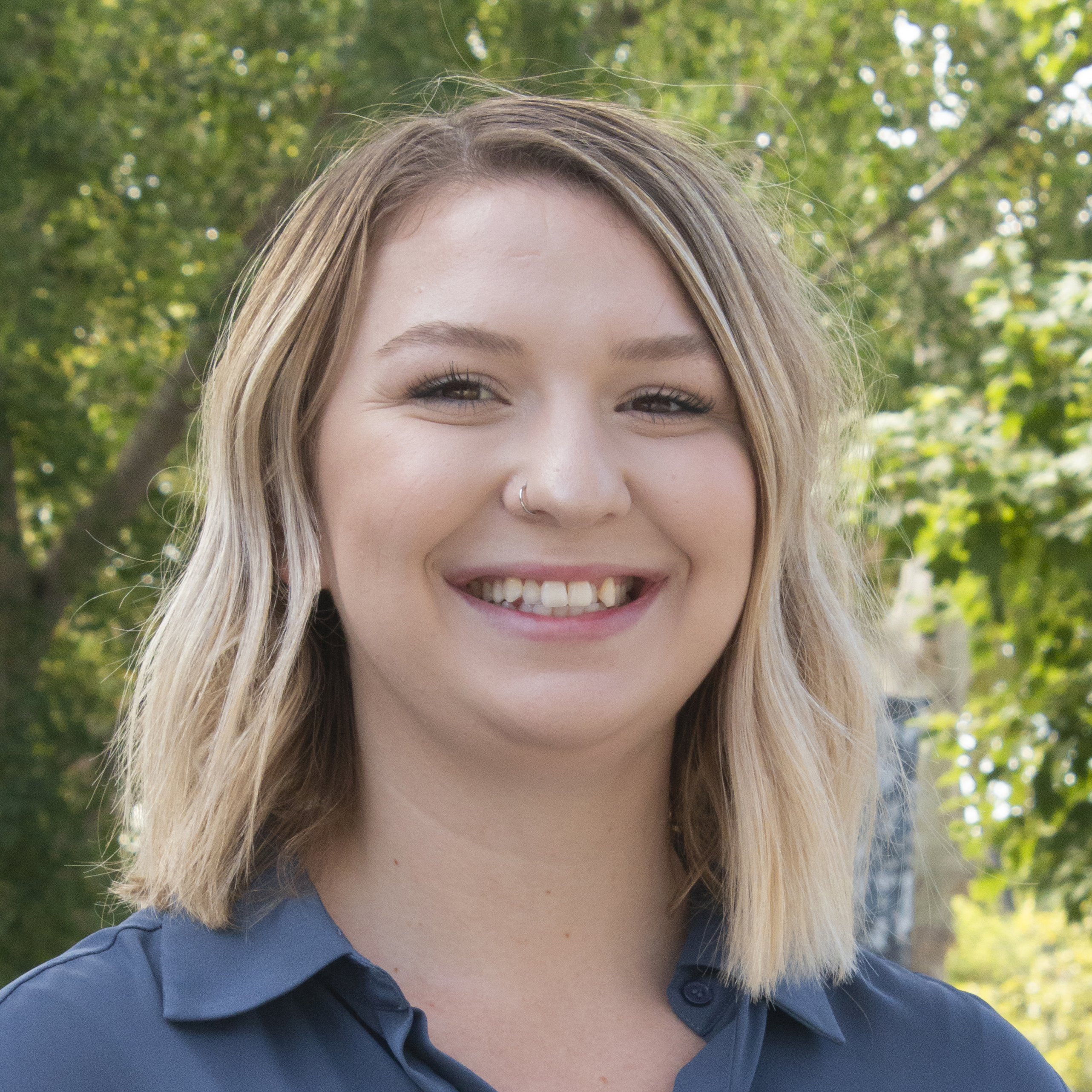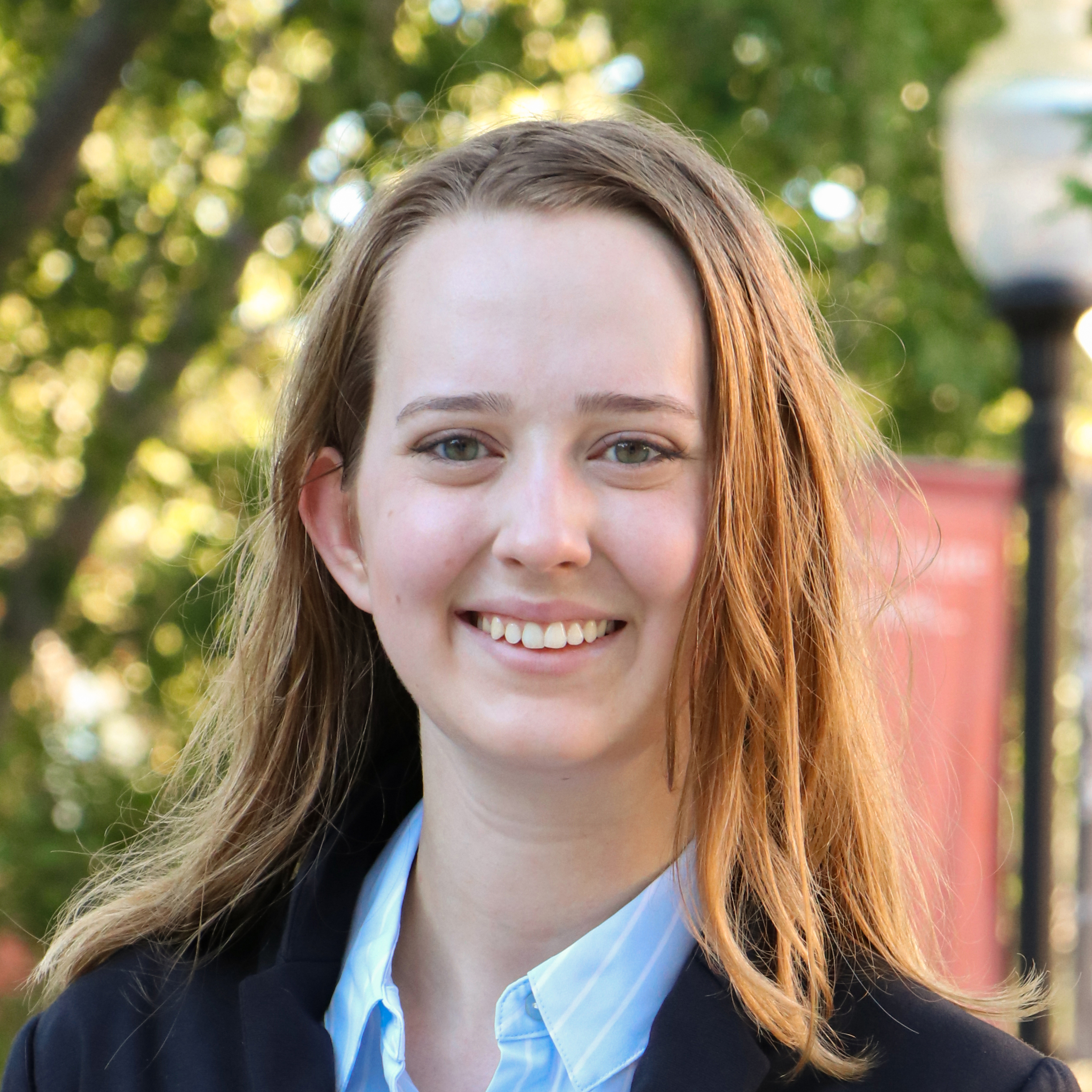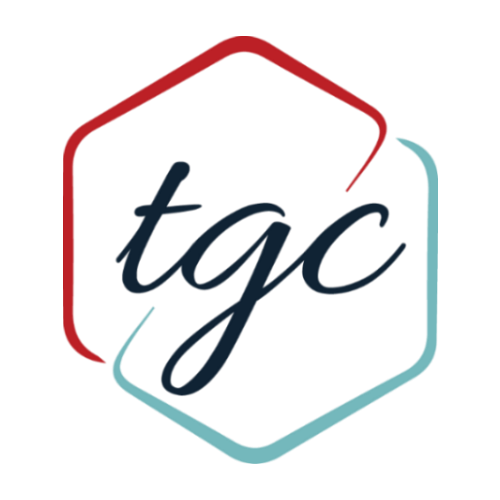The Native American Ancestry Behind Chico State’s Story
By Kaylie Lewis
Photo by Kaylie Lewis
Chico State was built on land that once sustained the first people of this area, the Mechoopda. The Mechoopda are a tribe of Maidu people, indigenous to California.
Chico founder, John Bidwell, purchased the lot previously named Rancho Arroyo Chico in the early 1850s that once occupied the Mechoopda tribe. Bidwell later donated eight acres of the orchard for the originally named Normal School campus that is now Chico State.
The tribe was terminated in 1967 , losing its 26-acre Chico Rancheria. They, along with three other tribes, regained recognition in 1992 after a successful lawsuit won in 1986 against the United State, according to the Mechoopda Indian Tribe site. Approximately one-half of that land is now owned by Chico State.
Since, the tribe has re-established residency in Chico and consists of 560 tribal members.
Chico State recognizes its rich culture and offers many resources for Native American faculty, students, and supporters.
The Office of Tribal Relations offer a computer lab, free printing, financial aid workshops, and cultural campus tours. The office is in Meriam Library, room 163, and open to all students.
The office hosts the Native American Club for their weekly meeting. The club attends local cultural events throughout the year where they participate in traditional ceremonies and play games.
Lily Vargas, student staff to the Office of Tribal Relations, works at the front desk and assists the director with maintenance of the office.
Vargas is a member of the Maidu tribe and from Enterprise Rancheria located near Oroville. Part of her job expectations are to support Native students on campus and help with outreach to local tribes.
“This semester we visited a round house where we wear presentable clothing. Women wear traditional skirts, and we watch the dancers perform,” Vargas said. “We also play hand games together, which is a cultural game anyone can play. We get together and play here in the office sometimes.”
The office is in the works of a new summer program for Native students. This will allow high schoolers to stay on campus in the dorms for a few weeks and get a feel for Chico State. They hope to offer more programs and resources on campus for Native American students and staff.
Browning Neddeau started teaching at Chico State this year in the Department of Multicultural and Gender Studies. He is apart of Citizen Potawatomi Nation. Originally from the Great Lakes area, this tribe was moved by the government to Oklahoma. His family has documents that date back to the 1700s and outline most of their history.
“Our tribe was the first in the present-day US that were granted citizenship. There are nine bands of Potawatomi and my citizen band is the last of the nine bands, located near Shawnee, Oklahoma,” Neddeau said.
"Our tribe was the first in the present-day US that were granted citizenship. There are nine bands of Potawatomi and my citizen band is the last of the nine bands, located near Shawnee, Oklahoma."
-Browning Neddeau, Professor in the Multicultural and Gender Studies Department at CSU, Chico
Neddeau participates in traditional powwow dancing and started at age five with influence from his family.
“My uncle welcomed me in, who I’m named after, and I’ve been dancing in Oklahoma and California pretty much my whole life,” Neddeau said.
Neddeau describes his interest in agricultural education and the specific foods native to his tribe.
“We have ceremonial times and different practices and rituals we perform. There are things to do during different seasons.” Neddeau said. “I’m particularly interested in the way agriculture has changed through colonial practices and that maybe people have forgotten the native ways of agriculture.”
Neddeau’s research expands to explore student engagement and culturally appropriate representation on campus. He strives to incorporate these ideas into his courses.
Neddeau is an assistant professor in two departments on campus, the School of Education and the Department of Multicultural and Gender Studies. In the course, American Indian Environmental Philosophies, the class will discuss issues and experiences within different tribes.
“In my early field experience course, I created a project called ‘I see me.’ The project gets students to think about their own identity and perception of themselves in the school curriculum,” Neddeau said.
He relates this project to a lack of Native American representation in school curriculum and his own experiences as a student. He shares his story with his classes and in his published work. He strives to relate these ideas to class assignments and add his culture and traditions.
Chico State strives to promote and recognize the origin of the land and the people who are native to this area. The campus celebrates Native culture through exploration of the past and increasing awareness of their impact on the history of Chico.

